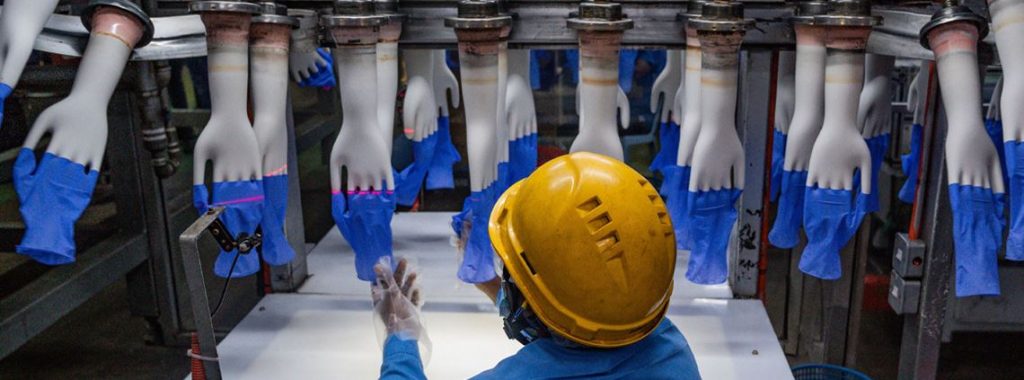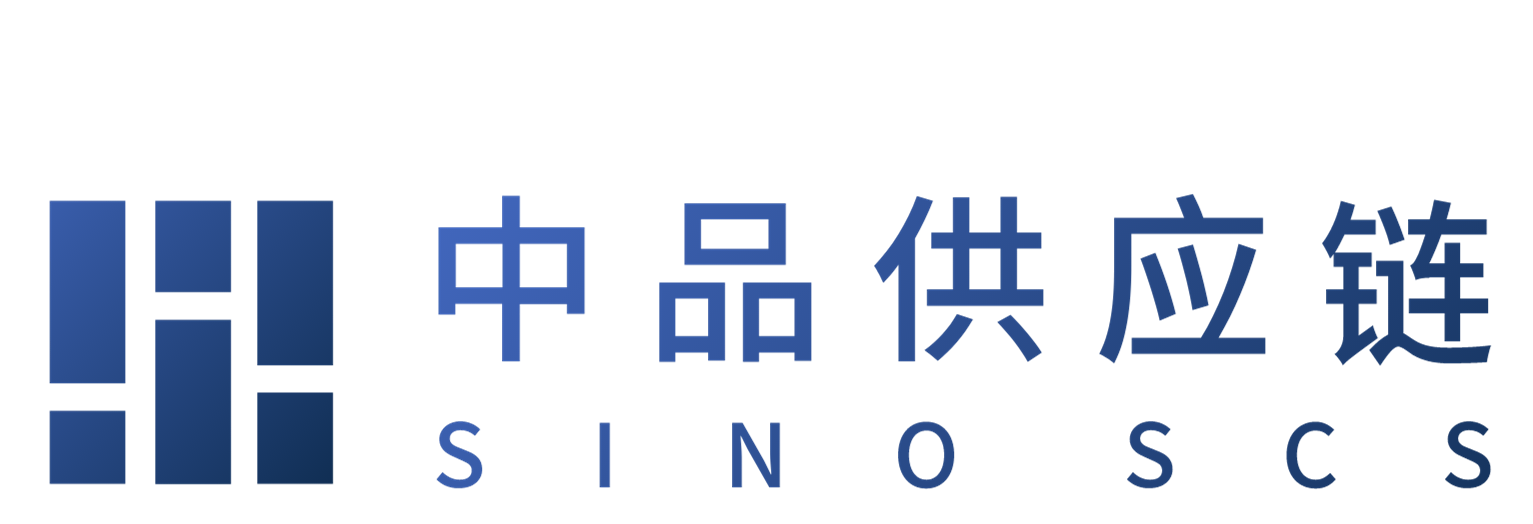Calls to strengthen labour laws protecting workers in rubber glove industry

Malaysia needs to align its labour laws with international standards to improve conditions in its medical rubber glove industry, according to a new International Labour Organization (ILO) report.
The ILO is calling on Malaysia to strengthen labour laws to enhance workers’ rights and protect recruitment standards.
It is urging the government to pay particular attention to tightening laws on working hours – especially overtime hours permitted – and ensure that workers have healthy working and living environments.
The country’s labour department should also receive powers to regularly inspect workplaces to monitor compliance with labour laws, the ILO report said.
While Malaysia is the world’s seventh largest rubber producer, it has specialised in creating a powerful latex manufacturing sector and is currently the biggest manufacturer of rubber gloves. In 2021, the country accounted for nearly half of all global rubber glove exports.
But the report said: “At the onset of the Covid-19 pandemic, demand for rubber gloves increased rapidly. Pressure to hasten expanded production reportedly had ramifications on working conditions and recruitment practices.”
As Malaysian glove makers sought to recruit a larger workforce to help increase production, six of the country’s leading glove producers were banned from exporting to the US because of allegations of forced labour use.
In 2021 two of the world’s leading glove makers, Top Glove and Supermax – a supplier to the UK’s state-funded NHS health service – were banned from importing products into the US, SM reported.
The two companies were allowed to resume US exports after satisfying authorities that they had addressed forced labour issues in their supply chains.
The ILO report called on buyers of rubber gloves from Malaysia to prioritise labour rights protection over speed of delivery and conduct thorough human rights and environmental due diligence on working conditions.
It also urged manufacturers to better identify and resolve workplace issues and enable workers to collectively negotiate for better and safer working conditions.
“While the weak presence of unions in the sector is noted, glove manufacturing workers who participated in this study expressed a desire to join a union if one were active,” said the report.
Banning recruiters and employers from charging recruitment fees and related costs to workers would also improve workers’ rights, the ILO said.
This would extend to recruitment agencies and labour sub-contractors, the report added.

